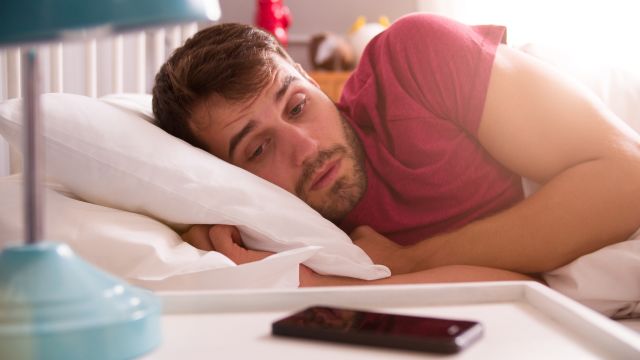Many people have sleep problems, but did you know that adults with type 2 diabetes are even more likely to have a sleep disorder and to lack healthy ZZZs? In one study, one-third of adults with type 2 diabetes had sleep apnea, including 20% of women and 50% of men. What's more, the risk of sleep apnea was even higher—about 10% higher—in adults over the age of 65.
Sleep Problems, Blood Sugar, and More
Everyone needs a good night's sleep, but if you have diabetes, the stakes are higher. Not getting enough sleep can affect your food choices and the amount of food you eat. Sleep deprivation—whether caused by sleep apnea, insomnia, or another sleep problem—increases your blood sugar, blood pressure, triglycerides, and belly fat. If that's not enough, it also decreases your HDL (good) cholesterol, and makes your body more resistant to insulin.
Fortunately, treating sleep deprivation can quickly reverse unhealthy side effects. Treating sleep problems may have an even greater effect on blood sugar control than many type 2 diabetes drugs. In a study of people with type 2 diabetes and obstructive sleep apnea, treatment with continuous positive airway pressure (CPAP) significantly lowered post-meal blood sugar and A1c levels.
What's Your Next Step?
If you feel excessively drowsy during the day, chances are you have a sleep problem that needs treatment. See your doctor to find the cause of your sleep problem, as well as the best treatment. Like healthy eating and regular exercise, good sleep habits are an essential part of your diabetes management plan.
Written in partnership with TCOYD - Taking Control of Your Diabetes.






